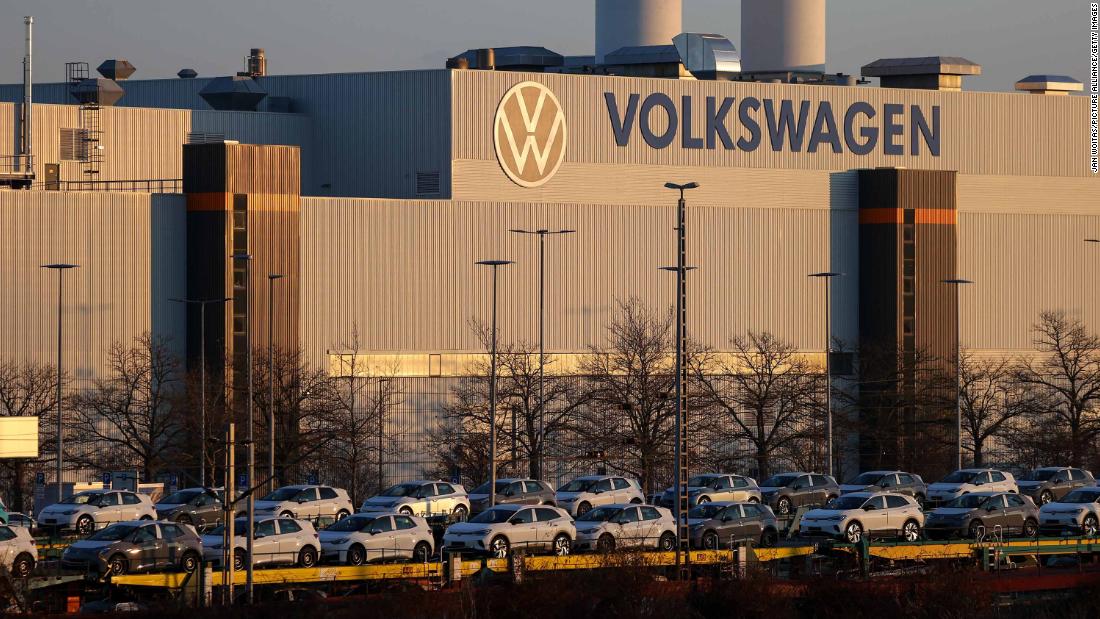“We are on track to achieve our goal of becoming the market leader in battery powered electric vehicles,” said Ralf Brandstätter, CEO of Volkswagen Passenger Cars, in a statement on Tuesday.
Volkswagen’s most popular battery-powered electric vehicle was the new ID.3, which sold 56,500 units. Sales of the compact e-Golf and even smaller e-up! were 41,300 and 22,200, respectively. Audi, the group’s luxury brand, sold 47,300 e-tron SUVs and sportback models, while customers bought 20,000 electric Porsche Taycans.
Sales of hybrid vehicles, powered by electricity and conventional fuels, have also increased. Volkswagen sold 190,500 plug-in hybrids last year, a 175% jump from 2019.
“2020 was a turning point for Volkswagen and marked a breakthrough in electric mobility,” said Brandstätter.
Volkswagen said it plans to invest € 35 billion ($ 43 billion) in electric vehicles by 2025, and sales figures for 2020 suggest that customers are starting to respond. The manufacturing giant plans to launch about 70 pure electric models by 2030, while racing to catch up with Tesla.
The electric boom came even when the pandemic pushed general sector sales back. The Volkswagen Group sold 9.3 million cars in 2020, a 15% drop from the previous year, but said that deliveries fell only 3.2% in December, as demand rebounded.
Volkswagen is trying to prove that an automaker that just a few years ago was deceiving regulators to sell polluting diesel can produce electric vehicles that people want to buy and that lawmakers will adopt when facing the climate crisis.
It is making significant inroads in some markets. In Norway, where financial incentives make buying most electric vehicle models cheaper than gasoline-like models, the Audi e-tron was the sales leader in 2020, surpassing Tesla’s Model 3.
